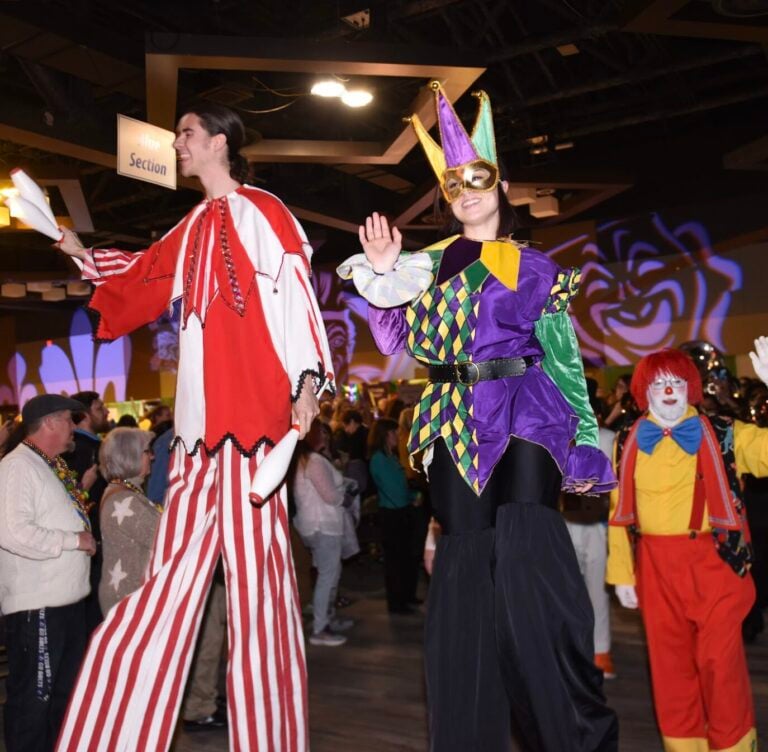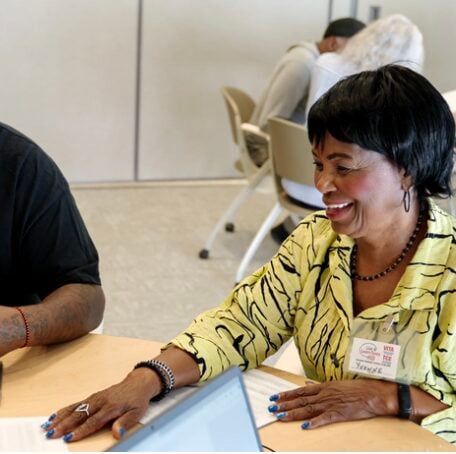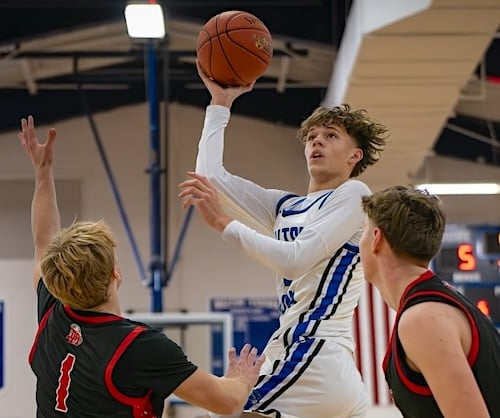“Friendship is always a sweet responsibility.” Khalil Gibran
February’s Black History Month began in 1970. Since its institution, I find myself reminded again each year how very grateful I am for those African American colleagues who taught me essential lessons and for the friends who today continue that education.
1965 Cincinnati
My husband and I lived in Northern Kentucky and had been teaching in a local school when we applied to teach in Cincinnati Public Schools. We were hired and I was assigned to teach second grade in a school with a population of Appalachian migrants from Kentucky. There were no African American children in the school at that time but the teachers on each side of my classroom were African American. The third-grade teacher was a few years older than I. The other second grade teacher and I arrived in the same year, becoming colleagues and friends immediately. African Americans had not been part of my everyday life until that year.

One night there was a PTA meeting that we would have to return to school for, so I invited my friend to ride home with me. We’d have supper with my husband and she could see our new house. I’d drive us back in time for the meeting.
As soon as we were in the car and heading for the bridge to Kentucky, my friend was edgy. Was she feeling ill? She readily admitted that she was nervous about going into Kentucky. She had grown up in central Ohio and heard stories about African Americans traveling in Kentucky. I tried to allay her concern, but she didn’t relax again until later when we were headed back across the bridge to the PTA meeting.
She and I spent six more years as dear colleagues and friends, but she never visited my home again.
Because our classroom doors were right next to each other, the third-grade teacher and I would often be standing together as we waited for the students to arrive.
One day she mentioned that though she lived in Cincinnati, she had grown up in Covington.
I had lots of good times in downtown Covington with my friends. She asked if I remembered a particular variety store. Of course, one of my favorites.
She said that her bus stop was in front of that store. When the bus arrived, the African Americans would stand back to let the white people board the bus first. Then, one by one, African Americans would get on the bus at the front door, put the fare in the money box, get off the bus and hurry to the back door to board the bus and take a seat.
This demeaning practice was going on when I could have been walking by, unseeing. I was stunned. She added, “And sometimes the bus driver would close the doors and take off before the person reached the back door to board, losing the fare and the ride.”
Another time she and I were talking about our own school experiences. I spent two summers of my high school years attending summer school at Holmes High School to add Typing I and Typing II. Did she attend Holmes?
No, Holmes was a white school in her years. She attended the black Grant High School. She remembered one year when the business department of Holmes received a huge shipment of new typewriters. Grant High School also received a huge shipment of new equipment: commercial washers and heavy steam pressing
machines.
I owe a great debt to these two women, dear friends and colleagues. I had much to learn.
And this learning never really is finished.
The evil of racial prejudice continues its long history.
Judy Harris is well established in Northern Kentucky life, as a longtime elementary and university educator. A graduate of Thomas More, she began her career there in 1980 where she played a key role in teacher education and introduced students to national and international travel experiences. She has traveled and studied extensively abroad. She enjoys retirement yet stays in daily contact with university students.

















